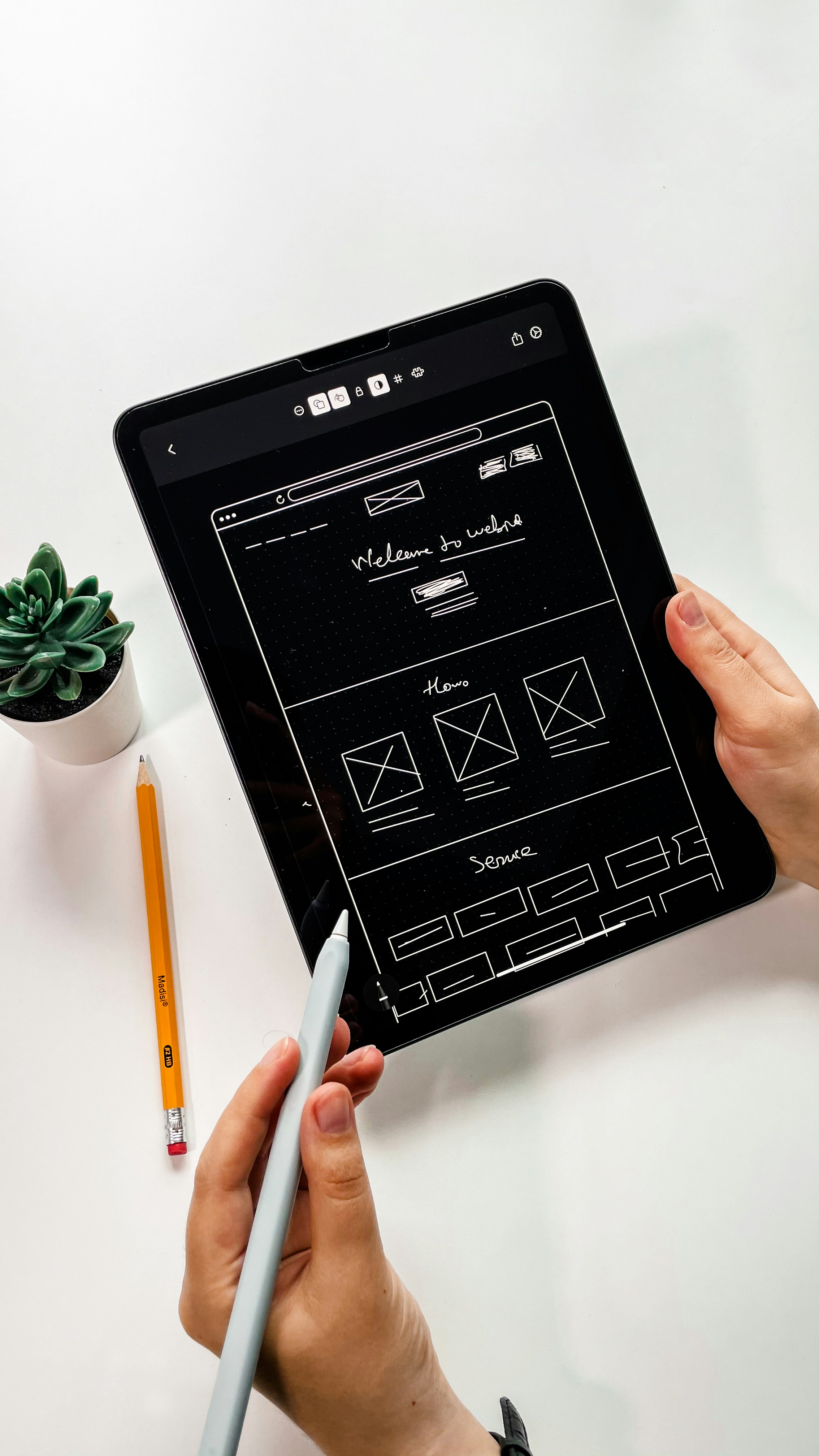Apr 8, 2022
A Comprehensive Guide on How to Choose the Perfect Website Designer for Your Business
In today's dynamic digital landscape, where first impressions are often digital, the role of a captivating website cannot be overstated. Whether you're an established business or a budding entrepreneur, the importance of a visually appealing and user-friendly website is paramount. This comprehensive guide aims to provide you with an in-depth understanding of the criteria and considerations necessary to choose the perfect website designer for your business. From defining your goals to ongoing support, we'll delve into every aspect of the selection process to ensure your journey into the digital realm is both successful and rewarding.
1. Define Your Goals and Budget
Before you embark on the quest to find the ideal website designer, take a moment to introspect and clearly define your business goals. Understanding your objectives not only helps you communicate your vision effectively but also guides the designer in creating a website that aligns with your overarching strategy. Simultaneously, setting a realistic budget is crucial. It not only streamlines your options but also ensures that you are making a wise investment in your digital presence.
2. Evaluate the Designer's Portfolio
A designer's portfolio serves as a visual testament to their skills and creative prowess. When evaluating a portfolio, look for diversity in design, functionality, and industry. A designer who has experience across various domains is more likely to adapt to your specific needs and preferences. Pay close attention to the user experience of the websites they've crafted. The portfolio is a window into their capabilities and sets the tone for what you can expect from their work.
3. Check Client Reviews and Testimonials
Beyond the portfolio, client reviews and testimonials provide valuable insights into the designer's professionalism, reliability, and communication skills. Platforms like Clutch, Google Reviews, or the designer's website are goldmines for understanding the experiences of previous clients. A designer with a positive reputation is more likely to be a reliable partner in your website design journey.
4. Understand Their Design Process
Each designer follows a unique design process. Understanding how they approach projects, from the initial concept to the final product, is crucial for a successful collaboration. Inquire about their timeline, milestones, and how they handle revisions. A transparent and efficient design process not only ensures that the project stays on track but also provides you with a clear roadmap of what to expect.
5. Ensure Mobile Responsiveness
In an era dominated by mobile devices, the importance of a mobile-responsive website cannot be overstated. Ensure that the designer prioritizes mobile responsiveness in their designs. A website that adapts seamlessly to various devices not only enhances the user experience but also contributes to better search engine rankings, a critical factor in today's competitive online environment.
6. Communication is Key
Effective communication is the cornerstone of any successful partnership. Assess the designer's communication style, responsiveness, and willingness to understand your business. A designer who actively listens to your ideas, provides constructive feedback, and keeps you informed throughout the process is more likely to bring your vision to life effectively.
7. Technical Proficiency
A website designer's technical proficiency is a crucial aspect of the selection process. Inquire about their knowledge of the latest design trends, expertise in web development platforms, and proficiency in coding languages. Additionally, assess their ability to integrate essential features such as e-commerce functionalities or content management systems. A technically proficient designer ensures that your website is not only aesthetically pleasing but also functional, secure, and scalable.
8. Discuss Ongoing Support and Maintenance
Building a website is not a one-time task; it requires ongoing maintenance and updates. Inquire about the designer's post-launch support, whether it's for troubleshooting issues, making updates, or scaling the website as your business grows. A designer who offers reliable post-launch support ensures the longevity and effectiveness of your website, providing peace of mind for the future.
Conclusion
Choosing the right website designer is a pivotal step in building a successful online presence. By meticulously defining your goals, evaluating portfolios, checking reviews, understanding design processes, prioritizing mobile responsiveness, assessing communication, ensuring technical proficiency, and discussing ongoing support, you can make an informed decision that aligns with your business objectives. A well-designed website is not just an online platform; it's a powerful tool that can elevate your brand, attract your target audience, and engage them effectively in the digital landscape. Take the time to choose wisely, and your website will be an invaluable asset in achieving your business goals. If you want to work with MoonRise Creative Studios, we're a contact message away!

Why Website Accessibility Guidelines Are Important in 2024
Jul 10, 2024

How Much Does a Website Cost?
May 23, 2024

Top 10 Web Design Failures of All Time and What We Can Learn from Them
Apr 30, 2024

Top 5 Mistakes to Avoid in Web Design
Apr 2, 2024

Boosting Conversion Rates: How Website Design Impacts User Engagement
Apr 1, 2024

The Ultimate Guide to Responsive Web Design: Making Your Website Mobile-Friendly
Mar 28, 2024

Top 15 Questions to Ask Web Designers Before Hiring Them
Mar 27, 2024

Building Small Business Websites
Mar 26, 2024

Looking for a premium local New York web designer for your premiere website?
Mar 25, 2024

How to choose a website designer
Apr 8, 2022

The Critical Role of SEO-Optimized Web Design
Mar 15, 2022

Why Strong Branding Makes You Stand Out From Your Competitors
Feb 28, 2022

What Is A User-Friendly Website And Why Should I Have One?
Feb 6, 2022

Why Local Businesses Should Use Long-Tail Keywords For SEO and Ads
Jan 12, 2022
